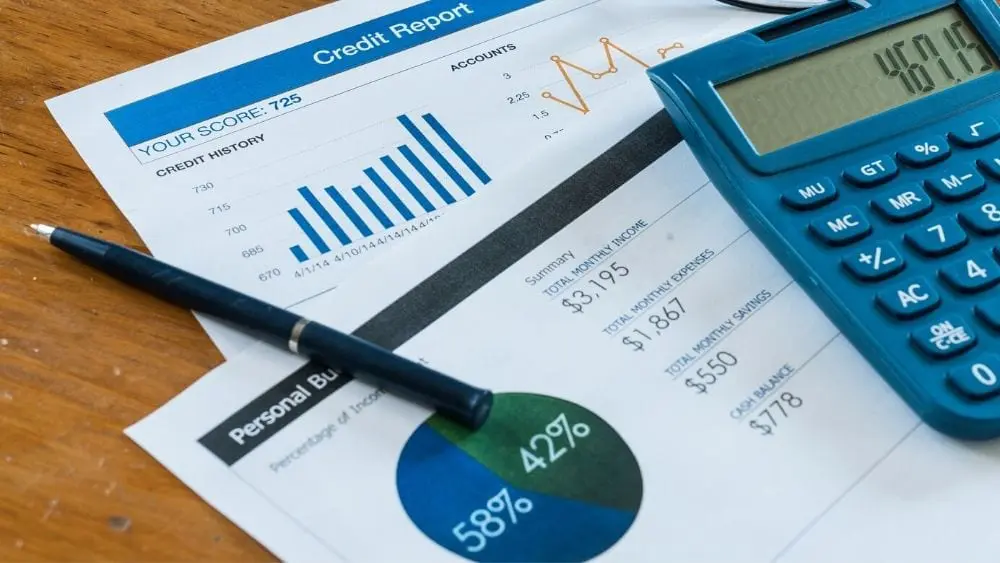
Tightened credit standards, implemented in response to the housing crisis, challenge homebuyers who have the means to buy or build a home but struggle to qualify for a mortgage.
Tweaks to mortgage programs meant to help more people to buy homes include new mortgage programs with lower down payments and some that use non-traditional credit profiles to approve borrowers. Now Fannie Mae has revised its software to provide lenders with an opportunity to use different credit data to predict whether borrowers will repay their loan.
Known as trended credit data, the new profile looks at two years of your credit card use to find a pattern of behavior, such as whether you consistently are reducing or increasing your debt. A traditional credit report functions as a snapshot of your credit profile on the day your report is pulled, so it could show a large balance even though you plan to pay that off before it becomes due.
“The intent of using trended credit data is to allow more access to credit for people who have been blocked,” says Rick Sharga, chief marketing officer of Ten-X, an online real estate marketplace, in Irvine, Calif.
Traditionally, lenders rely heavily on credit scores and other factors such as your loan-to-value to estimate the risk that a borrower will be delinquent, says Mark Dietz, senior vice president and area sales manager for EagleBank in Rockville, Md.
“Now Fannie Mae is going deeper than that by including behavioral information about how people manage debt,” says Dietz.
How Trended Data Information is Used
The new Fannie Mae reports look back 24 months at a loan applicant’s use of revolving credit accounts that have been open at least six months to determine whether you are a “transactor” or a “revolver,” says Kelli Yarbrough, vice president of loan retention at RoundPoint Mortgage Servicing Corporation in Charlotte, N.C.
“A transactor is someone who pays off their credit card bill in full every month or at least pays substantially more than the minimum,” says Yarbrough. “A revolver tends to carry a balance and only make the minimum payment each month.”
Transactors are considered a better credit risk than revolvers because they are lowering their credit utilization when they pay off their credit card debt in full or in larger chunks each month, says Yarbrough. She says revolvers could be risky because carrying a balance indicates a lack of assets to pay off your debt.
“If you carry a credit card balance, use most of your credit up to the limit and only make the minimum payments, your credit score is likely to already reflect that,” says Sharga. “Looking at trended data may just reinforce what’s already visible.”
Sharga says that given the risk-averse environment of lenders, this shift to reviewing trended data isn’t likely yet to help someone get a loan approval.
“If someone is right on the bubble of a loan approval, this is more likely to be used to push them off the edge than to allow them more latitude on their credit profile,” he says. “My fear is that the new program could be used as an excuse to deny credit to someone who is on the edge of qualifying.”
The hope is that trended data could demonstrate a stronger credit profile than is reflected in your credit score.
“Trended data could help someone who had a late payment four months ago that lowered their credit score by showing that it was just a one-time mistake and not a pattern of late or minimal payments,” says Yarbrough.
Tips for Managing Your Credit
So far, only Fannie Mae is using trended data for loan qualifications and no other agency or company has introduced the program. However, since approximately one-quarter of all loans are backed by Fannie Mae, it makes sense to adjust your credit behavior if you can.
“While credit reports look back 10 years, the most relevant information is the most recent data,” says Dietz. “Mortgage lenders place the heaviest weight on how you pay your mortgage or rent, but they also look at how much of your credit limit you use.”
Trended credit data isn’t part of your credit score calculation, but changing your behavior will impact the score.
“If you pay more than the minimum due, don’t carry a lot of credit card balances and keep the amount of your credit card use well below your limit, that should be an advantage and improve your credit score over time,” says Sharga.
Yarbrough suggests that borrowers with credit card debt look into options for low down payment loans and for builders who will pay some of their closing costs so they can use the cash they have saved to reduce their credit card debt.
New home buyers may have a slight advantage over purchasers of resales, says Sharga, because a lender directly or even indirectly affiliated with a builder may have a little more latitude on credit.
“Even if you’re buying a resale property, if you work with a lender who intends to keep your loan on the bank’s books rather than sell it to Fannie Mae or Freddie Mac, it can be a little easier to qualify with a slightly lower credit score or a slightly higher debt-to-income ratio,” he says.
While experts think the look at trended data is unlikely to have a big impact on the number of loan approvals, it never hurts to review your own credit behavior and improve your chances of financing the home you want to build.

Michele Lerner is an award-winning freelance writer, editor and author who has been writing about real estate, personal finance and business topics for more than two decades.
 Move of a Lifetime: What Retirees Should Know Before Moving
Move of a Lifetime: What Retirees Should Know Before Moving